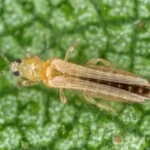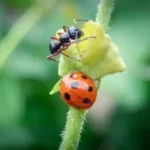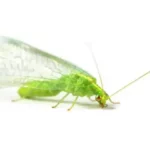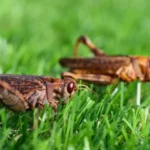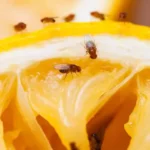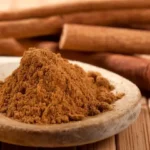You’re not alone if you’ve found yourself frustrated by the relentless invasion of grasshoppers in your garden, damaging plants and disrupting your hard work. Many gardeners face this challenge and seek effective, environmentally friendly solutions. Understanding how to get rid of grasshoppers with vinegar offers a simple, homemade remedy to deter these pests and protect your garden without resorting to harsh chemicals.
To get rid of grasshoppers using vinegar, you can create a vinegar spray by mixing equal parts of vinegar and water in a spray bottle. Thoroughly spray this mixture directly onto the leaves and stems of plants that grasshoppers are attacking. It’s essential to reapply the vinegar spray or refresh the vinegar barriers regularly, especially after rain or watering, as vinegar can wash away easily.

Ready to reclaim your garden from the grasshoppers? This article reveals how a straightforward concoction of apple cider vinegar, water, and soap flakes can make a significant difference.
You’ll learn to mix the right proportions, the best application techniques, and the frequency needed to repel these pests effectively. By the end, you’ll have a nature-friendly solution that safeguards your garden while maintaining its health and vitality.
Humble Highlights
- Uncover this simple, eco-friendly homemade vinegar spray in your garden to ward off encroaching grasshoppers so you can easily apply this common household item to help protect your turf!
- Save money by using vinegar to help safeguard your budding crops AND discover what makes vinegar so valuable to fight back against hungry grasshoppers so you can avoid using harsh, synthetic chemicals while having minimal environmental impact.
- Discover the 7 key benefits of how vinegar is advantageous against grasshoppers while being safe and non-toxic for beneficial garden insects so you can preserve your garden’s ecosystem because it leaves no residual residue on plants.
Vinegar Spray Recipe For Grasshoppers
To create a grasshopper deterrent, mix 1 part apple cider vinegar with 3 parts water and incorporate 5 g of pure soap flakes. The mixture acts as a deterrent due to the apple cider vinegar’s acidity and the soap flakes’ suffocating effect on grasshoppers.
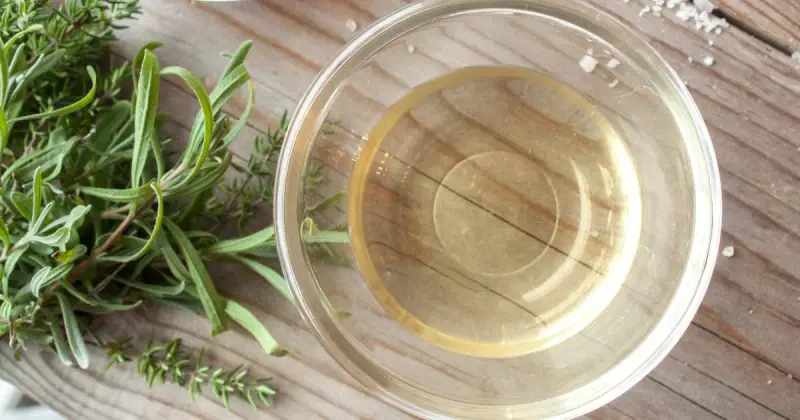
This method is environmentally safe and offers a preferable alternative to synthetic pesticides. Adopting such natural solutions supports a healthy, sustainable garden ecosystem. 1
A lesser-known fact about how vinegar kills grasshoppers is that it can disrupt their nervous system. Acetic acid, the main component of vinegar, can interfere with the neurotransmission in grasshoppers, leading to neurological dysfunction and eventually death.
This mode of action is similar to how some insecticides target pests’ nervous systems, but vinegar achieves this effect through its natural acidity.
Apply this mixture early in the morning to the leaves, stems, and soil where grasshoppers, or their subsequent damage, are commonly found in your garden. Consistent use of this spray every two days can significantly decrease the number of grasshoppers in your garden.
Application Tips For Using Vinegar
To use vinegar effectively against grasshoppers, target the insects directly with the solution. Utilize a spray bottle for precise application, ensuring that the grasshoppers are coated well, particularly their hind legs, which are crucial for absorption.
It’s essential to reapply this vinegar elixir after rainfall or irrigation to preserve its deterrent effect. As mentioned above, applying the solution in the early morning, when grasshoppers are most active, yields optimal results. 2
Ensure to thoroughly spray at-risk plants with the vinegar to form a defense against these insects. Adhering to these guidelines assists in eliminating grasshoppers and safeguarding your garden in an environmentally friendly and responsible manner.
Vinegar As A Natural Grasshopper Repellent
Utilizing vinegar as a grasshopper repellent is an effective method to prevent these insects from harming garden plants. Acetic acid in distilled vinegar interferes with the grasshoppers’ sensory functions, reducing their inclination to consume the plants.
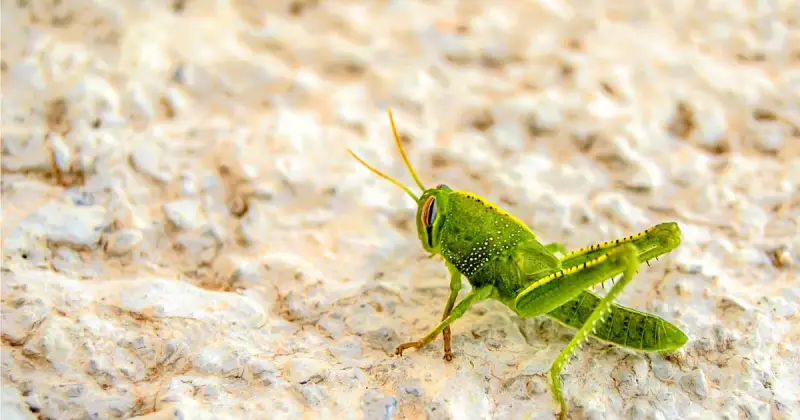
It’s also important to note that the distinct aroma of vinegar also serves as a repellent. Applying vinegar spray changes the flavor of the plants, making them unappealing to grasshoppers. Consistent application can establish a protective barrier around the plants, decreasing grasshopper activity over time. 3
Vinegar can also disrupt grasshopper’s communication and mating behavior. Grasshoppers use chemical signals called pheromones to communicate with each other and attract mates. The strong odor of vinegar can interfere with these pheromones, making it difficult for grasshoppers to locate each other and mate. This disruption of their mating behavior can help reduce grasshopper populations in your garden over time.
Unlike chemical pesticides, this method is environmentally friendly and poses no risk to the garden. Vinegar as a repellent introduces a safe and natural strategy for managing grasshopper issues.
The pungent odor and vinegar taste can deter grasshoppers from feeding on your plants. To create a vinegar barrier around plants, spray vinegar around them or place vinegar-soaked cloths or cotton balls near the base of the plants. Take a few minutes and check out the informative video below that details just how you can use vinegar to help protect your backyard food forest!
Benefits Of Using Vinegar Against Grasshoppers
Using vinegar against grasshoppers can offer several benefits:
- Natural and Non-Toxic: Vinegar is a natural substance that is safe to use around children, pets, and beneficial insects, making it a preferable option for organic and environmentally conscious gardeners.
- Effective Repellent: Vinegar’s strong odor and taste can deter grasshoppers from feeding on your plants, helping to protect them from damage.
- Cost-Effective: Vinegar is readily available and inexpensive, making it a cost-effective pest control method for gardeners.
- Environmentally Friendly: Vinegar does not harm the environment or disrupt the ecosystem balance in your garden, making it an environmentally friendly choice for pest control. 4
- Easy to Apply: Applying vinegar to your plants is simple, requiring no special equipment or expertise.
- Multipurpose Use: Vinegar can also control other pests in the garden, providing additional protection for your plants.
- Readily Available: Vinegar is a common household item readily available at most grocery stores, making it easy to incorporate into your pest control routine.
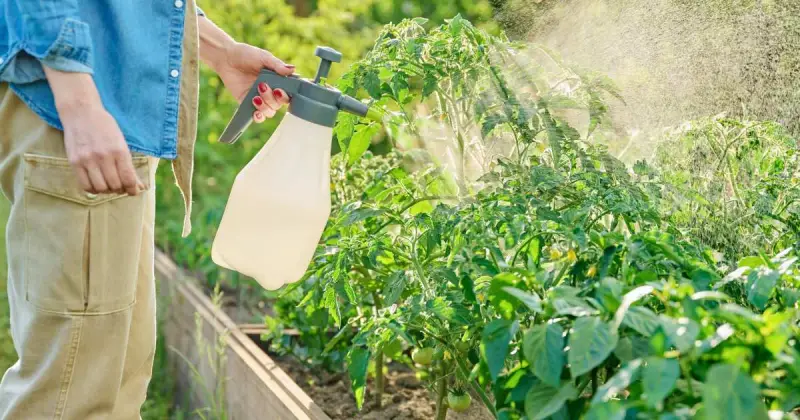
Vinegar is an effective deterrent against grasshoppers, offering an environmentally friendly alternative to chemical pesticides. Its acetic acid content interferes with the insects’ sensory functions, discouraging them from eating garden vegetation. This method is cost-effective and safe for plants and animals, making it a practical choice for pest control.
In regions like the United States, where grasshoppers threaten agriculture, vinegar can be a preventive strategy. Understanding the life cycle of these hungry pests and opting for natural solutions like vinegar enables gardeners to control them without harmful chemicals.
Additionally, strategies such as using row covers and promoting the presence of natural predators of grasshoppers, like birds, spiders, and soil nematodes, can enhance the effectiveness of vinegar, ensuring a well-rounded approach to managing garden pests.
Consider using vinegar in combination with other natural repellents to repel grasshoppers. While vinegar can be effective, combining it with other substances that grasshoppers find unappealing can enhance its repellent properties.
For example, mixing vinegar with garlic or hot pepper creates a more potent repellent. Additionally, alternating between different repellents can help prevent grasshoppers from becoming accustomed to any single scent, making them more likely to avoid your plants.
Maintenance And Reapplication Of Vinegar Spray
For effective management of grasshopper populations in garden areas, it’s essential to reapply vinegar spray periodically. Here are some strategies for maintaining the efficacy of this approach:
- Ensure Complete Application: It’s vital to cover all parts of the plant, including leaves, stems, and the surrounding soil, where grasshoppers might be found. This comprehensive application helps in forming an effective barrier against these pests.
- Regular Observation: Vigilance is critical. Check the treated areas often for signs of new grasshopper activity or damage, and act swiftly to mitigate potential plant damage.
- Adapt Application Frequency: The intensity of the infestation dictates how often you should apply the vinegar solution. Modify the application rate as needed to keep grasshopper numbers in check.
- Maintain Application Schedule: A routine in applying the vinegar spray is crucial for deterring grasshoppers and safeguarding your garden. Prompt and regular treatment is essential for controlling grasshopper populations. 5
Incorporating these practices into your gardening routine will help ensure that your efforts to manage grasshopper infestations using vinegar spray remain successful.
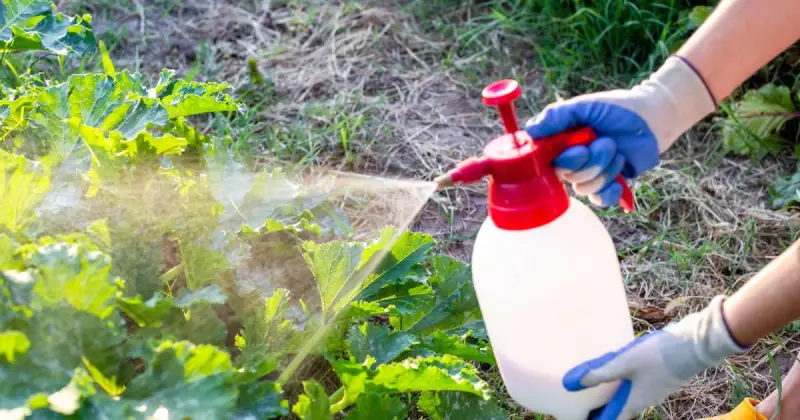
Conclusion
Employing vinegar spray is wise for those seeking to protect their plants and the surrounding ecosystem from grasshopper damage. This straightforward and effective method maintains your garden’s health without relying on harmful chemicals.
Remember, turning to vinegar to combat grasshoppers in your garden is a natural and effective approach. Arm yourself with a spray bottle filled with vinegar and target those pesky intruders.
And while vinegar can be an effective natural deterrent for grasshoppers, it may not provide complete control, especially in severe infestations. Still, it’s reassuring to know that such a straightforward solution exists, utilizing what we already have at home to safeguard our plants from these unwanted visitors.
Have you applied vinegar to your backyard garden to successfully repel swelling numbers of grasshoppers? We’d love to hear your story and how often you applied vinegar throughout your plants. Take a moment now and drop us a line in the comment section below.
SOURCES
- ResearchGate – Pesticide Ingredient: Acetic Acid/Vinegar
- Wikipedia – Acetic Acid
- Scientific Reports – Scaling The Interactive Effects Of Attractive And Repellent Odours For Insect Search Behaviour
- North Carolina State University, Extension – Acetic Acid (Vinegar) As An Herbicide
- National Library Of Medicine, National Center For Biotechnology Information – Evaluation Of Various Soaking Agents As A Novel Tool For Pesticide Residues Mitigation From Cauliflower (Brassica Oleracea Var. Botrytis)

